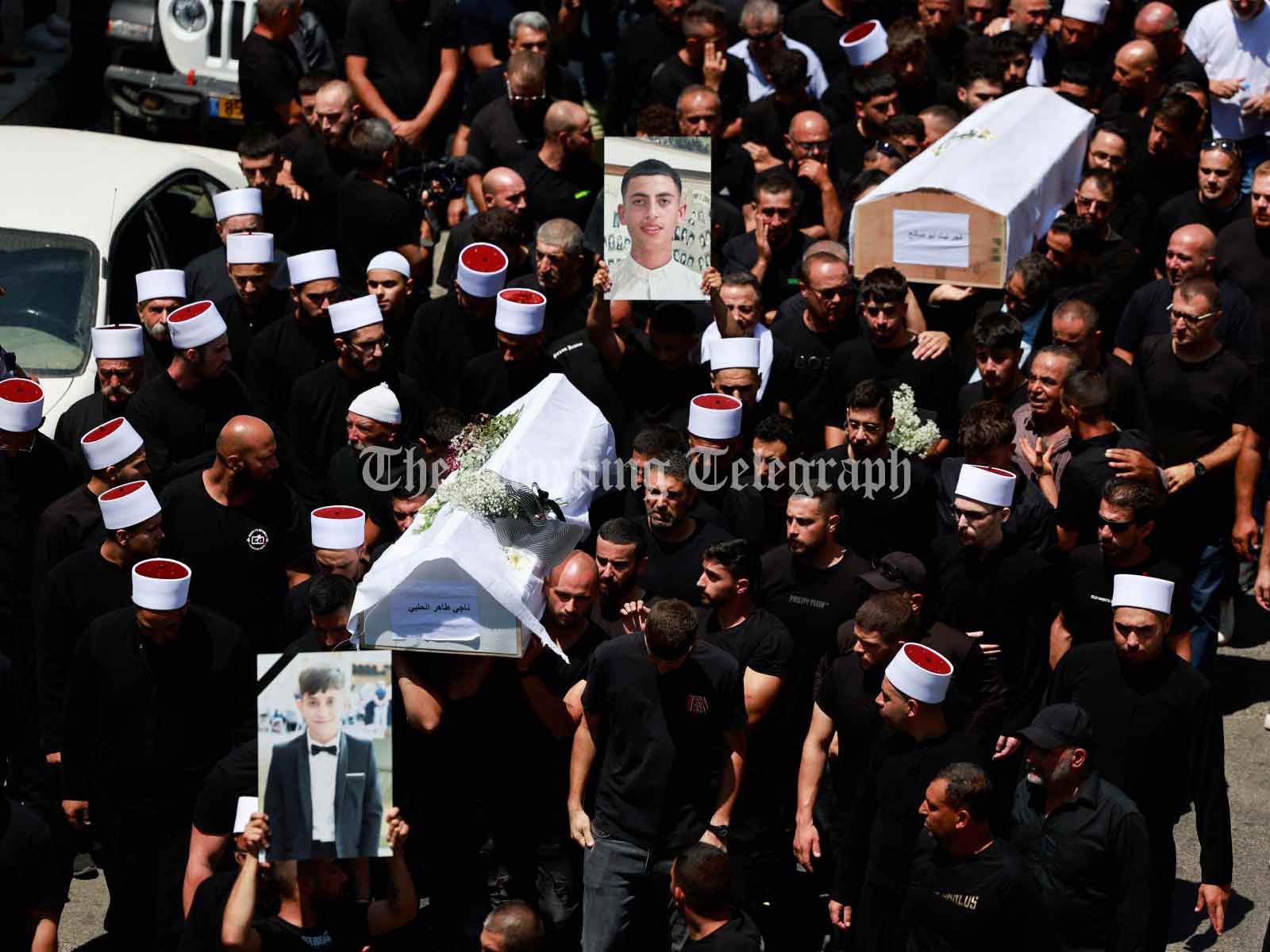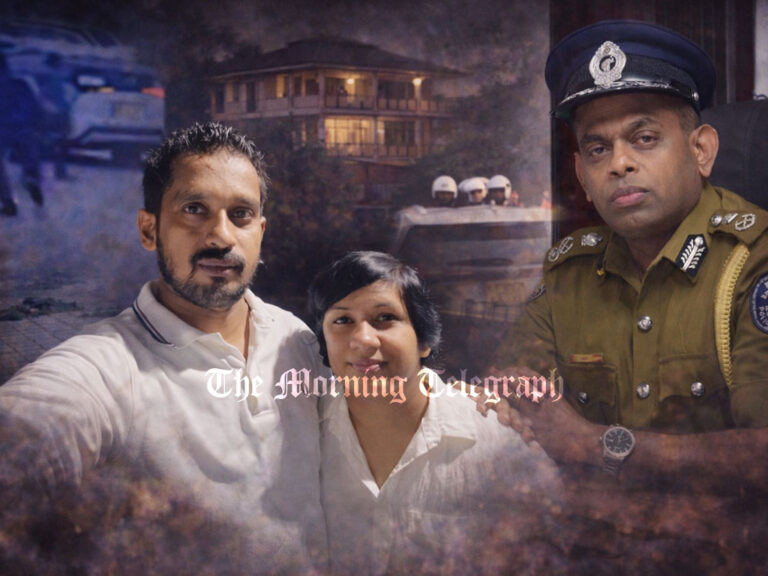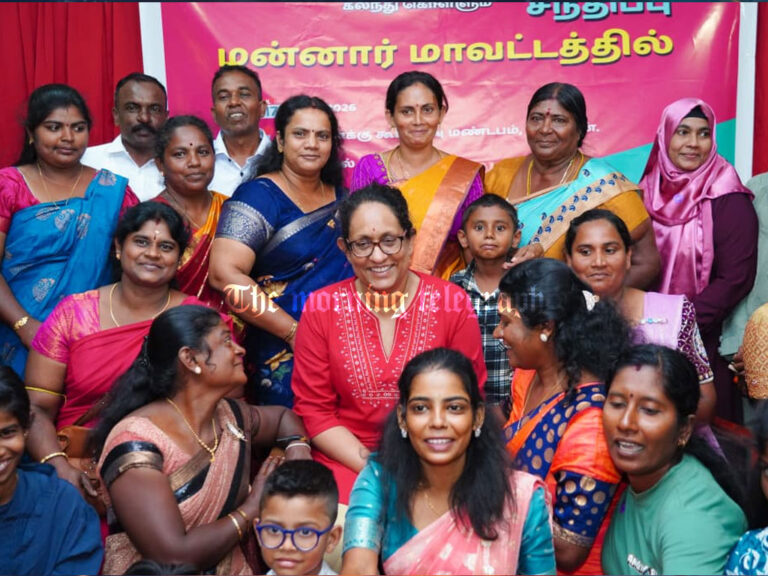
MAJDAL SHAMS, Golan Heights (29) — Israeli Prime Minister Benjamin Netanyahu has promised severe retaliation against Hezbollah following a rocket attack over the weekend that resulted in the deaths of 12 children in the Golan Heights. The rocket struck a soccer field in Majdal Shams, a Druze town, while the children were playing.
The Israeli government has accused Hezbollah of launching the rocket from Lebanon, although Hezbollah has denied any involvement. The attack has heightened fears of an escalating conflict, already tense due to ongoing exchanges of fire between Israel and Hezbollah.
U.S. Secretary of State Antony Blinken spoke with Israeli President Isaac Herzog on Monday, emphasizing the need to prevent further escalation and explore diplomatic solutions to the conflict.
In response to the attack, Israeli forces conducted airstrikes targeting a motorcycle in Lebanon, killing two and injuring three. The strikes appear to be part of the ongoing cross-border violence and not specifically a retaliation for the weekend’s attack.
The incident has led to significant mourning in Majdal Shams, where thousands gathered to bury the 12th victim, 11-year-old Guevara Ibrahim. The scene was marked by profound grief and protests against Netanyahu’s visit, with some accusing him of using the tragedy for political gain.
Defense Minister Yoav Gallant vowed that Hezbollah would “pay a price” for the attack but did not provide further details. The Israeli military identified the weapon used as an Iranian-made Falaq rocket, emphasizing the serious nature of the attack.
Hezbollah has been preparing for potential further conflict by moving precision-guided missiles, though it claims it does not seek a full-scale war with Israel. The group has expressed support for Palestinian militants in the ongoing Gaza conflict.
Since the outbreak of hostilities on October 8, following a Hamas attack on southern Israel, over 500 people have been killed in Lebanon and 47 in Israel. The conflict has led to large-scale evacuations and ongoing diplomatic efforts by the U.S. and France to broker peace.
Lebanon’s caretaker Prime Minister Najib Mikati and British Foreign Secretary David Lammy have both emphasized the importance of avoiding further regional conflict. The situation remains highly volatile, with the potential for significant escalation if a resolution is not reached.





